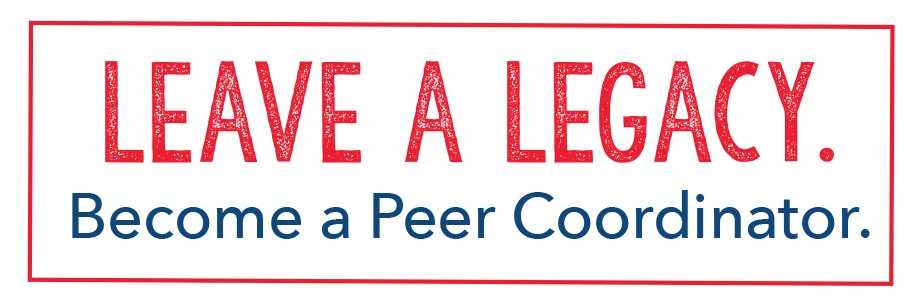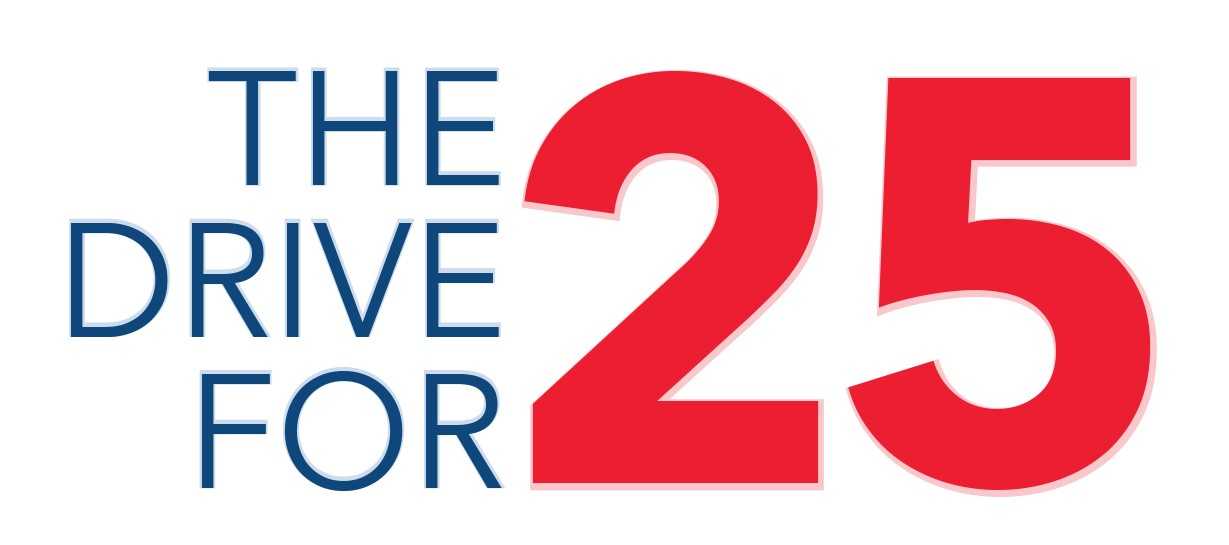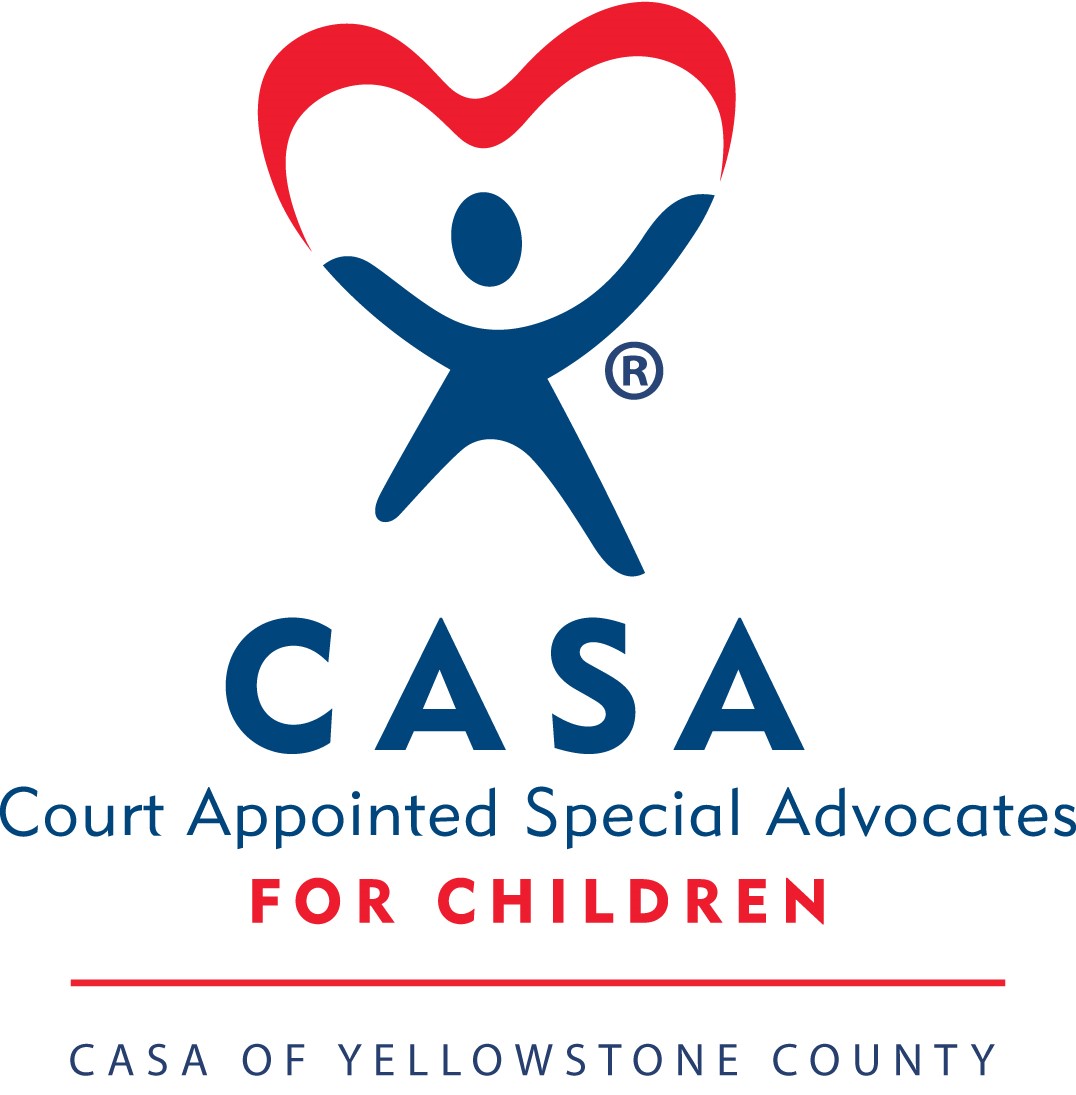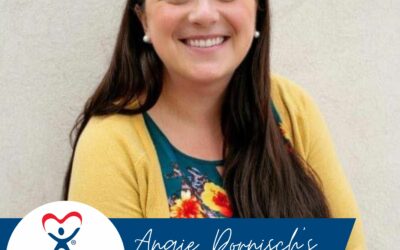One of many things that makes the CASA program unique among volunteer organizations is the opportunity for leadership, through the ability to become a Peer Coordinator.
Peer Coordinators, or PCs, are defined by the National Court Appointed Special Advocates Association as “volunteers coordinating other volunteers.” Each Peer Coordinator’s role is to provide coaching to CASAs as they work together to ensure that children receive quality advocacy.
In addition to providing better support for Advocates, Peer Coordinators allow the organization to serve more children. This is often a factor in why Advocates decide to move into this role. “I was encouraged by the fact that more children could be served with more Peer Coordinators,” says Julie Linderman, a member of the newest class of PCs that finished training in May.
At the maximum capacity allowed by National CASA Standards, each program staff person only has the ability to directly oversee 30 Advocates. With Peer Coordinators, however, staff have the ability to indirectly oversee five times that amount – 150 Advocates, each.
“Researching the Peer Coordinator model and seeing it was a proven successful program that would serve more neglected and abused children in Yellowstone County without additional overhead cost to CASA, it was an easy decision to move from Advocate to Peer Coordinator,” says Carol Rash, who joined the inaugural class of Peer Coordinators in 2014. “I have found that being a resource to multiple Advocates is just as rewarding as being an Advocate directly to a child.”
One of CASA of Yellowstone County’s principle obstacles in achieving its Vision – providing an Advocate for every child in local foster care – is certainly the ongoing need to recruit and train more Advocates. However, a more existential impediment to the Vision is the drought of Peer Coordinators.
Four years into our program’s implementation of the Peer Coordinator Model, CASA of Yellowstone County has an all-time high of 22 Peer Coordinators, each of whom took on this role with varying levels of experience and time as an Advocate. The organization’s goal to finish 2018 with at least 25 Peer Coordinators is something that will only be achievable through the current pool of Advocates.
“Realizing that there is a much greater number of children who don’t have an Advocate because of the limited numbers of CASAs and Coordinators today,” says Dennis McCave, another member of the newest class of PCs, “becoming a Peer Coordinator, to me, was something I felt I could do to ensure more children have the opportunity to have a CASA be there for them and help them through such a difficult time in their life and to give them the best chance of the most positive outcome.”
For many Advocates, especially those who started before the implementation of the Peer Coordinator model, those who are still new to the program, or those who have never had their own Peer Coordinator, there are often questions about some of the basics of being a Peer Coordinator.
“I was surprised to realize I knew more than I thought I did,” says Stacey Arneson, who just completed her first year as an Peer Coordinator.
“I thought, no way am I qualified,” recalls Judy Senteney about first starting as a Peer Coordinator in 2016. “But my Advocates brought their own commitment, life experiences, caring and nurturing personalities. My role has been one of being a sounding board, encouraging them to listen to their hearts and reminding them of their wonderful capabilities to help children. I am continually amazed by their dedication, hard work and creativity in working their cases.”
One of the most frequently asked questions about becoming a Peer Coordinator pertains to the time commitment and caseload. The work of a Peer Coordinator takes roughly the same amount of time an Advocate dedicates to a case: 5 to 15 hours per month. Long term, just as Advocates make a commitment up to 24 months, Peer Coordinators are also asked to make a two-year commitment. Each Peer Coordinator eventually builds their team to include at least five Advocates, and some choose to take more.
“Surprisingly, the time I have spent as a Peer Coordinator for 10 Advocates is less than or the same as I have spent when working two DN cases,” says Carol Rash.
Some CASAs ask whether prospective Peer Coordinators must give up serving as an Advocate on a case of their own. The answer is no. Each person has the option of continuing to be an Advocate and working their own case in addition to their Peer Coordinator responsibilities; however, because of the fulfillment they can receive through involvement in other cases as a PC, many choose not to.
“When I was asked to take on the PC role years ago I understood that the work could be significant, but I had no comprehension how significant,” says Bill McRae, another member of the first class of Peer Coordinators. “I have learned that to help other Advocates meant I could help more children. Right now I work with nine Advocates serving 21 children, so I know how the PC model helps CASA multiply the good it does in the community.”
“Being a Peer Coordinator has been one of the most rewarding experiences of my life,” says Judy Senteney.
Before becoming a Peer Coordinator, an Advocate must have at least six months of casework under their belt. Leadership and people skills are all good traits to possess, but different backgrounds and personalities each bring something unique to the program. Peer Coordinators attend their Advocates’ “firsts” with them, such as the first home visit and the first court hearing, and help them gain proficiency in writing reports.
“I became a PC because I felt I had the time to do more and instead of embarking on another volunteer opportunity I saw becoming a PC as the best way to serve more children, and really, make the best use of my time,” says Corinna Byler, who has been a Peer Coordinator since January 2017.
“The experience has been more rewarding than anticipated,” says Kathy James, who is approaching her first anniversary as a Peer Coordinator. “I thought I would miss the personal contact with families but have found fulfillment in getting acquainted with the families at initial visits and then through the reports and monthly contact with Advocates. As a Peer Coordinator I feel I have a more global view of the cases which allows me to provide suggestions that may not be obvious to those who are working directly with the families.”
The next Peer Coordinator training will begin in September. This will be the final training of the year, and thus will determine whether the organization can meet the goal of its Drive for 25. The specific training dates will be announced over the summer. Anyone interested in joining this training should contact Recruitment Coordinator Ben McKee.
“The best part of being a Peer Coordinator is knowing that because of the program more children can be served,” says Jackie Clement, who became a PC last year.
Corinna Byler adds: “I truly do feel like I make a difference.”







